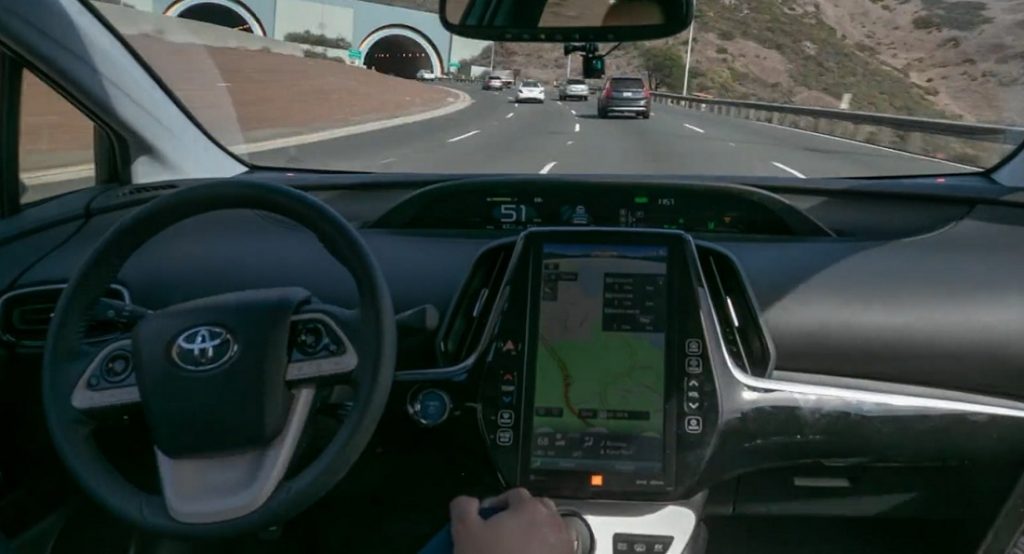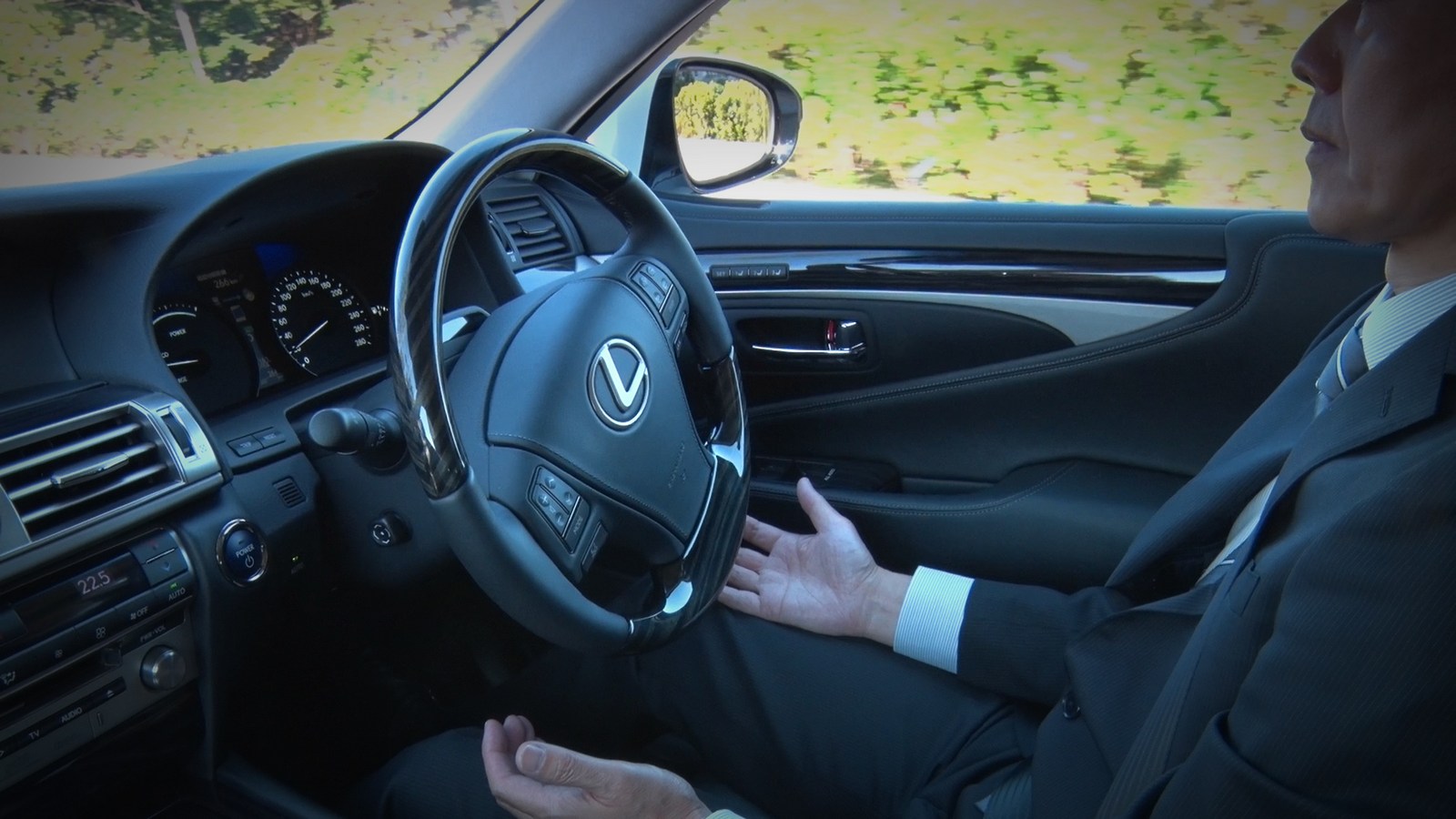Toyota and Denso have agreed to establish a joint venture for the research and advanced development of next-gen in-vehicle semiconductors.
The car industry has seen more and more electronic controls being implemented into new vehicles, with the number of in-car semiconductors having also grown, as has their performance.
Toyota is therefor looking to develop new tech in this sector, tech that should prove integral to connected cars, automated driving, shared mobility and electrification.
Their joint venture with Denso is set to take shape next year in April and will be headquartered in Japan, on the premises of the Advanced Research and Innovation Center. The ownership structure sees Denso retaining a controlling 51% stake, with Toyota holding the remaining 49%.
As cars become more advanced, computing power itself becomes more important. For example, autonomous driving systems need the capacity to scan their surroundings, interpret the data and make necessary adjustments or decisions, all within a fraction of a second.
Also read: Toyota, Ford And GM Team Up To Develop Standards For Autonomous Vehicles
“The new company will conduct advanced research on the basic structure and processing method of next-generation semiconductors and develop electronic components by implementing semiconductors, such as power modules for electric vehicles and periphery monitoring sensors for automated vehicles, thereby contributing to creating the future of mobility.”
Still, before any of this can happen, antitrust authorities must give the two companies a green light with regards to their joint venture.
Last year in June, Toyota and Denso agreed to consolidate electronic components production and development functions to the latter. Through this agreement, they have been working to achieve “a speedy and competitive production and development system.”




